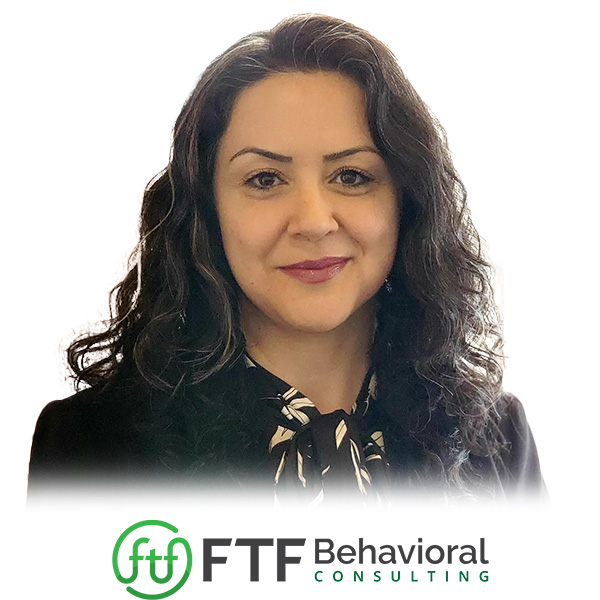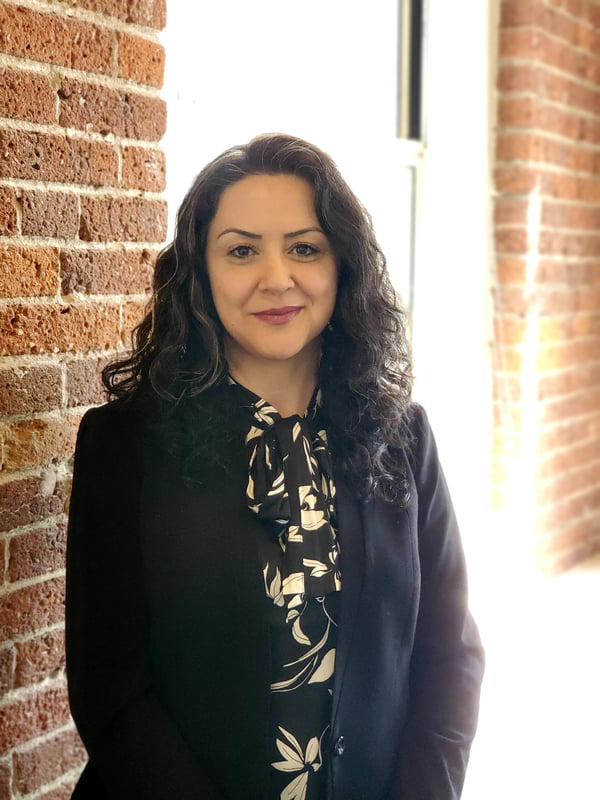
- This event has passed.
Going to Bed Without Tears: Assessment and Treatment of Sleep-Related Problems
Registration has ended for this event
Going to Bed Without Tears: Assessment and Treatment of Sleep-Related Problems
Friday, November 1, 2024
9am-1pm Pacific Time

Presented by Dr. Mahshid Ghaemmaghami, BCBA-D; FTF Behavioral Consulting
Web Streaming Live to Anywhere in Canada
Join Dr. Mahshid Ghaemmaghami for a four-hour webinar on utilizing a biobehavioral approach to assess, treat and prevent sleep-related challenges.
Attendance meets the requirements for 4 BACB CEUs.

Sign in to use your 10% Friends of ACT Discount, or register here.
Event Details
This presentation is suitable for both professionals and caregivers who would like to learn more about our biobehavioral approach to the assessment, treatment, and prevention of sleep-related problems. We will describe a collaborate model in which the client and family values, in particular the client’s safety and subjective experience, are incorporated in the selection of goals and in the design of treatment. Participants will be introduced to our comprehensive assessment process for gaining an insight on potential environmental variables (past and present) that affect behavioral quietude and any interfering behaviors that may impede one’s ability to fall asleep, will become familiar with our Sleep Assessment and Treatment Tool (SATT), and will learn about our five-component sleep treatment package. Participants are encouraged to complete the SATT and collect baseline data prior to taking this course, and to use the information from these assessments as guided by the presenter to design a treatment process for one of their own clients. Modifications for individual clients and considerations for value-based and performance-informed decision-making will be discussed.
Attendees will be able to:
- Describe a bio-behavioral understanding of sleep and sleep-related problems.
- Describe healthy sleep cycles, the different stages, and patterns of development, including typical sleep requirements, and characteristics of good sleep.
- Describe a contingency analysis of falling asleep/behavioral quietude and identify potential contingencies that may be supporting sleep interfering behaviors (SLIBs)
- Become familiar with the use of the Sleep Assessment and Treatment Tool (SATT) and a sleep graph to gain a better understanding of the unique sleep-related problems and potential environmental variables affecting a specific case
- Describe the basic features of a sleep training plan for infants that may help prevent the development of sleep-related problems while maintaining parental responsiveness to the child’s needs.
- Describe ways in which a sleep plan can be modified and adjusted for various age-groups (infants, young children, adolescents, older adults), family preferences, and cultural norms.
- Design an effective treatment that incorporates client- and family-specific goals, needs, and cultural values.
- Design a comprehensive treatment that includes:
- Using an appropriate amount and schedule of sleep to enhance treatment effects.
- Create a bedtime routine that addresses both the contingencies promoting behavioral quietude as well as any competing contingencies.
- Optimize the physical characteristics of the sleep environment to promote good sleep.
- Develop healthy sleep dependencies that promote and maintain sleep
- Address SLIBs using a socially acceptable procedure
Attendance in this presentation meets the requirements for 4 BACB CEUs.
Level: Beginner to Advanced
For: Parents/caregivers/family members and professionals including BCBAs, BCaBAs, RBTs, Psychologists, Social Workers, Occupational Therapists, Sleep Doulas, Family Support Workers, Pediatricians, Group Home Staff and Supervisors.
Autism Specific?: No
Zoom captioning and ASL interpretation will be provided at the event.
